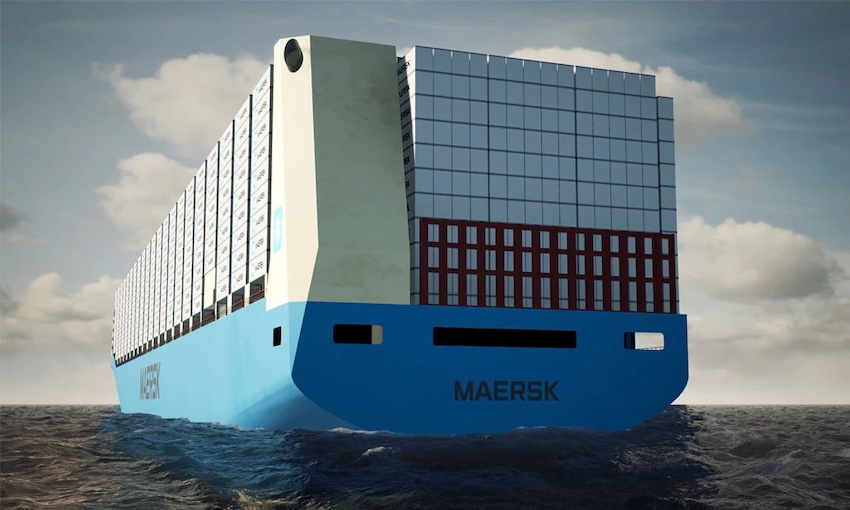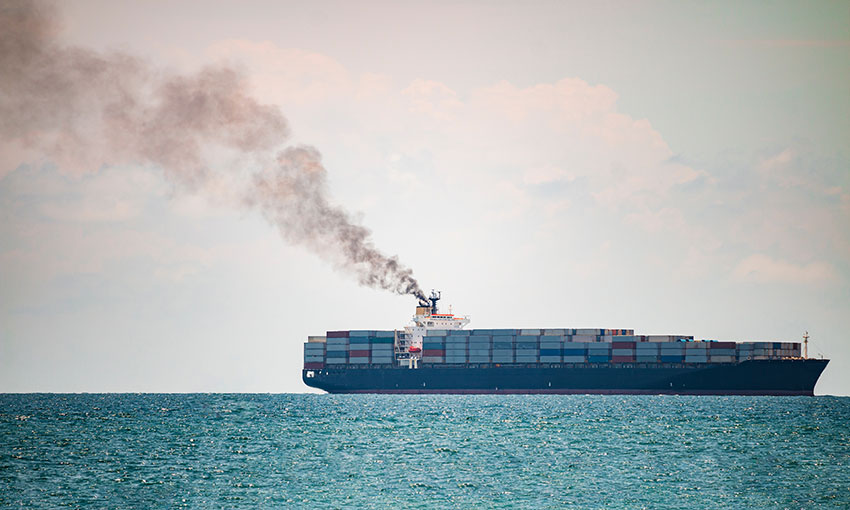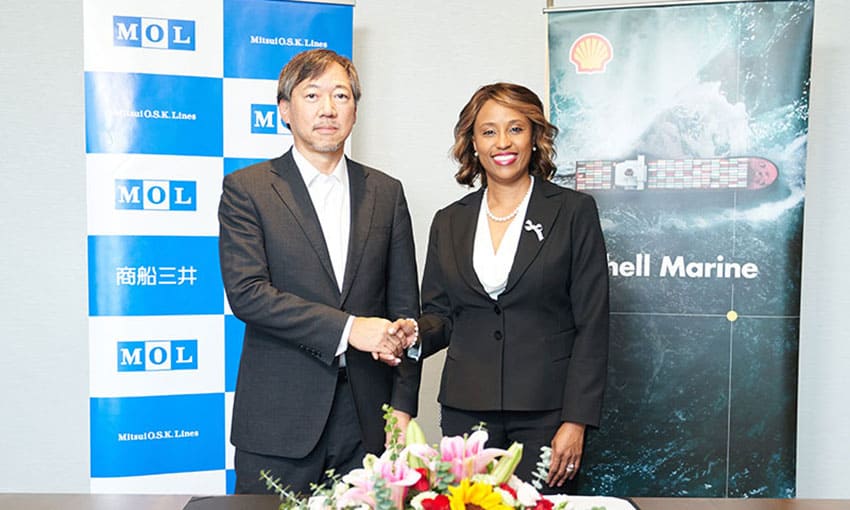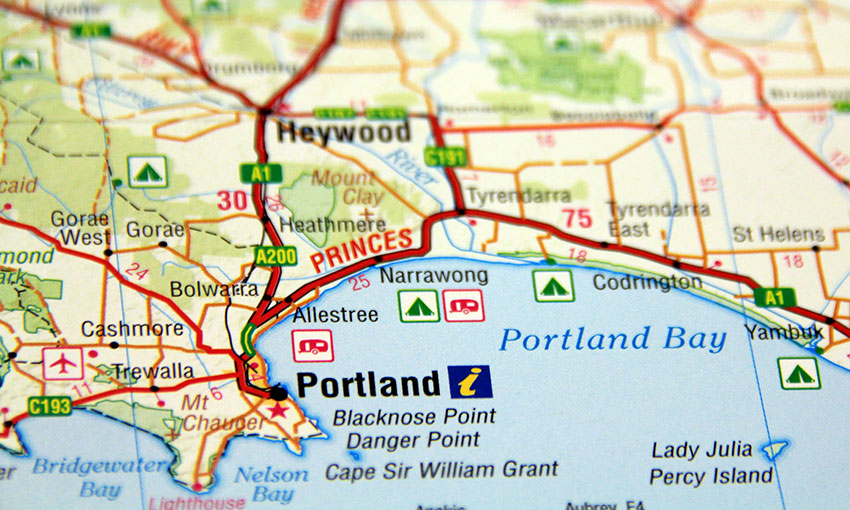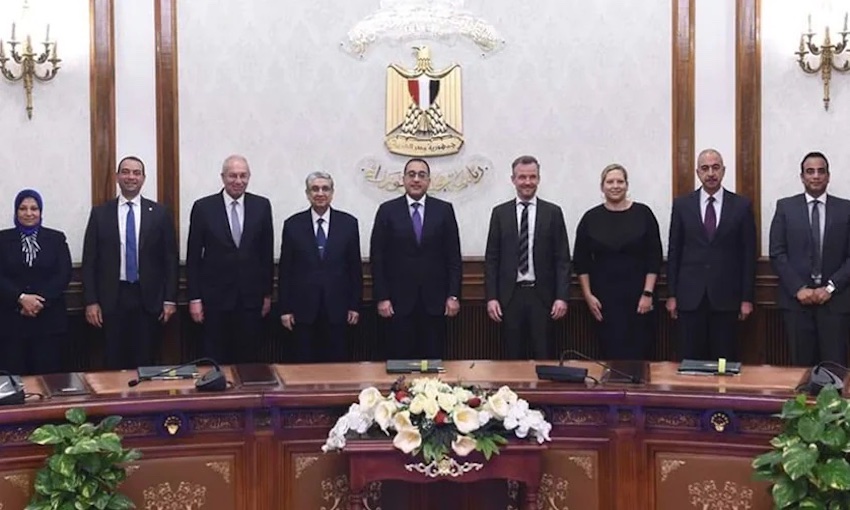THE SPANISH government and A.P. Moller – Maersk have signed a “general protocol for collaboration” to investigate opportunities for green fuels production at scale in Spain.
According to a statement from Maersk, signing the protocol marks a significant milestone in the collaboration that, if implemented in full, could deliver up to 2 million tonnes of green fuels per year.
The project aims to explore the feasibility on how to cover the full value chain from renewable energy sources to bunkering of vessels.
Maersk’s recent newbuild ship orders have been for ships that can run on methanol. The company has 19 such vessels on order.
The company said it is aiming for a net-zero target of 2040 across its entire business.
A.P. Moller – Maersk CEO Søren Skou said we are living in a “climate emergency.
“We need to rapidly accelerate the availability of green future fuels,” he said.
“We are very pleased to explore green fuel opportunities with the Spanish Government, as the country holds key characteristics to help solve this challenge with its great hydrogen ambitions and aspiring sustainability goals. At the same time, Spain encompasses significant renewable resources and is placed along key shipping routes.
The parties are reviewing production opportunities in the Andalusia and Galicia regions.
The President of the Government of Spain, Pedro Sánchez, said the project would strengthen the economic, political and commercial ties with Denmark.
“This project is perfectly aligned with Spain’s strategy of reindustrialisation, just transition and the green hydrogen roadmap, advancing in the fulfillment of the common commitment of decarbonisation of the European Union,” he said.
Maersk said the availability of green energy and fuels in sufficient quantities and at cost-competitive price levels remains the main challenge for the decarbonisation of global shipping. The company said it needs approximately 6 million tonnes of green methanol per year to reach its 2030 milestone fleet emissions target and even larger amounts by 2040 for its fleet to reach net zero.
A.P. Moller – Maersk CEO fleet and strategic brands Henriette Hallberg said Maersk is part of the climate problem, as it operates a large fleet of container vessels.
“We have made the choice to take an active part in shaping the solutions to secure a green and just transition, enabling the global shipping industry to deliver on the Paris Agreement and Maersk to achieve its 2040 net-zero target,” she said.
“To achieve our goals, we need to collaborate with partners who are actively looking at green solutions for the future.”
The 19 vessels capable of running on green methanol that Maersk will put in operation during 2023-2025 will require about 750,000 tonnes of green methanol.

